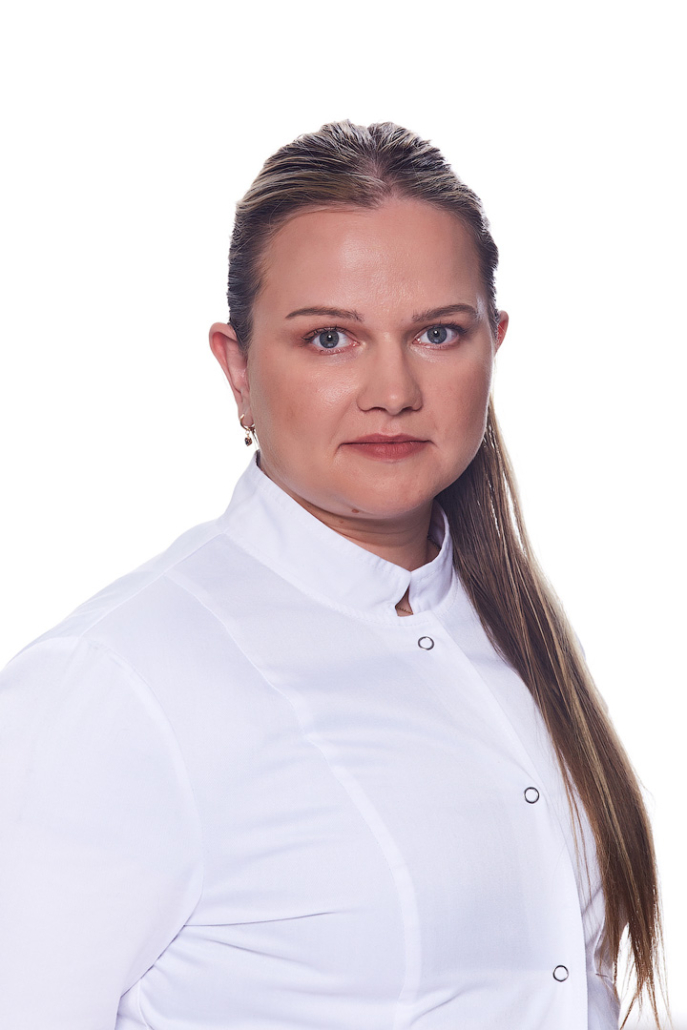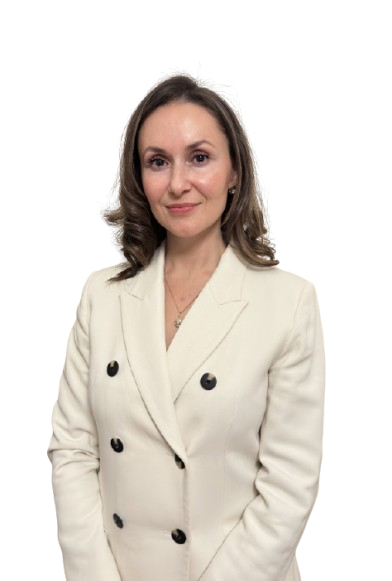A gastroenterologist is a medical specialist who focuses on the diagnosis, treatment, and management of diseases affecting the digestive system, including the esophagus, stomach, small intestine, large intestine, rectum, pancreas, liver, gallbladder, and bile ducts.
During a gastroenterologist consultation, the doctor reviews the patient’s medical history, performs an examination, and discusses the patient’s symptoms and concerns related to the digestive system. The doctor may order diagnostic tests such as an endoscopy, X-ray, ultrasound, or CT scan to help diagnose or monitor digestive system disorders.
The gastroenterologist provides treatment recommendations, which may include the use of medications, dietary changes, or lifestyle modifications depending on the specific condition being treated. In some cases, the gastroenterologist may refer the patient to a specialist or surgeon for further evaluation or treatment.
A gastroenterologist consultation is important for the treatment of various digestive system conditions, including inflammatory bowel disease, irritable bowel syndrome, gastroesophageal reflux, liver diseases, and pancreatitis. These consultations provide patients with access to specialized care and expertise to help maintain the health of their digestive system.
A pediatric gastroenterologist is a doctor who specializes in diagnosing and treating digestive disorders in infants, children, and adolescents. Some common conditions that a pediatric gastroenterologist may diagnose and treat include gastroesophageal reflux disease (GERD), inflammatory bowel disease (IBD), celiac disease, constipation, diarrhea, and food allergies.
During a pediatric gastroenterologist consultation, the doctor gathers a detailed medical history, performs an examination, and may order diagnostic tests such as blood tests, stool analysis, X-rays, ultrasound, or endoscopy. Based on the results, the doctor makes a diagnosis and develops a treatment plan tailored to the child’s specific needs. Treatment may include medication, dietary changes, or other recommendations. The pediatric gastroenterologist may also collaborate with other healthcare providers to ensure comprehensive care for the child.
A gastroenterology resident is a physician who is training to specialize in the field of gastroenterology. The resident has already completed medical school and is now undergoing advanced training in gastroenterology, which typically lasts for about 3 years.
During this time, the resident gains practical experience in diagnosing and treating various gastrointestinal disorders, including inflammatory bowel disease, liver diseases, pancreatic disorders, and the diagnosis and treatment of gastrointestinal cancers.
The gastroenterology resident works closely with attending physicians and other healthcare professionals to develop treatment plans, perform endoscopic procedures, interpret diagnostic tests, and provide ongoing care for patients with gastrointestinal disorders.
During the consultation, the resident doctor reviews the patient’s medical history, laboratory test results, and diagnostic examination findings in order to provide therapeutic recommendations to the patient.
The resident doctor may refer the patient for additional tests, such as endoscopy, X-rays, or ultrasound examinations, to determine an accurate diagnosis and select the most appropriate therapy.
- Gastroenterologist consultation80.00 EUR
- Consultation with a gastroenterologist – Doctor of Medicine, Professor140.00 EUR
- Resident doctor's consultation80.00 EUR
- Urgent doctor's consultation160.00 EUR
- Medical council (with the participation of at least 2 qualified doctors)200.00 EUR

Dr. Ivars Tolmanis

Prof. Mārcis Leja

Dr. Diāna Lisova

Dr. Danute Ražuka-Ebela

Dr. Laura Veide

Dr. Jekaterina Suhorukova

Dr. Linda Mežmale

Dr. Zane Dzērve

Dr. Jekaterīna Rodina

Dr. Olga Sjomina-Gubareva

Dr. Elīna Vašuka

Dr. Una Silvija Garleja

Dr. Karīna Raloveca
